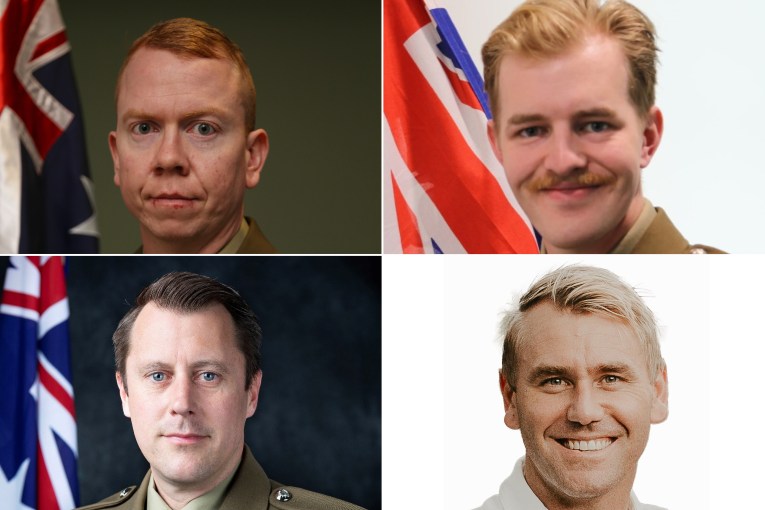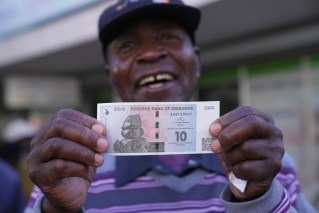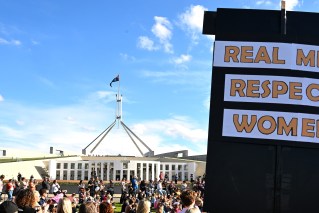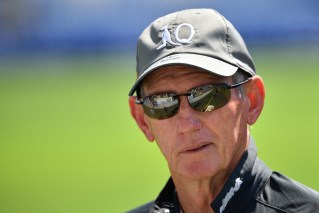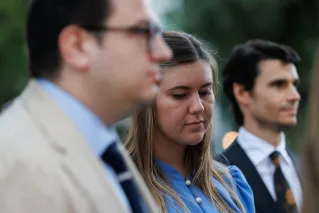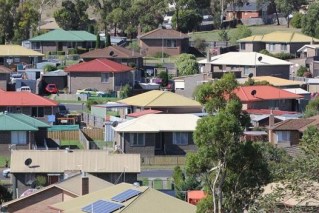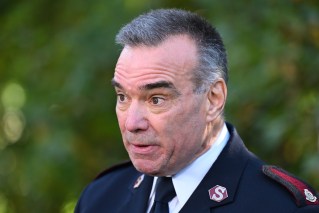Frydenberg urges return to city CBDs – but Barnaby says go bush
Employees being able to return to work in Central Business Districts across the country is the crucial next step forward in reducing Covid-19 restrictions and living with the virus, according to the federal treasurer.
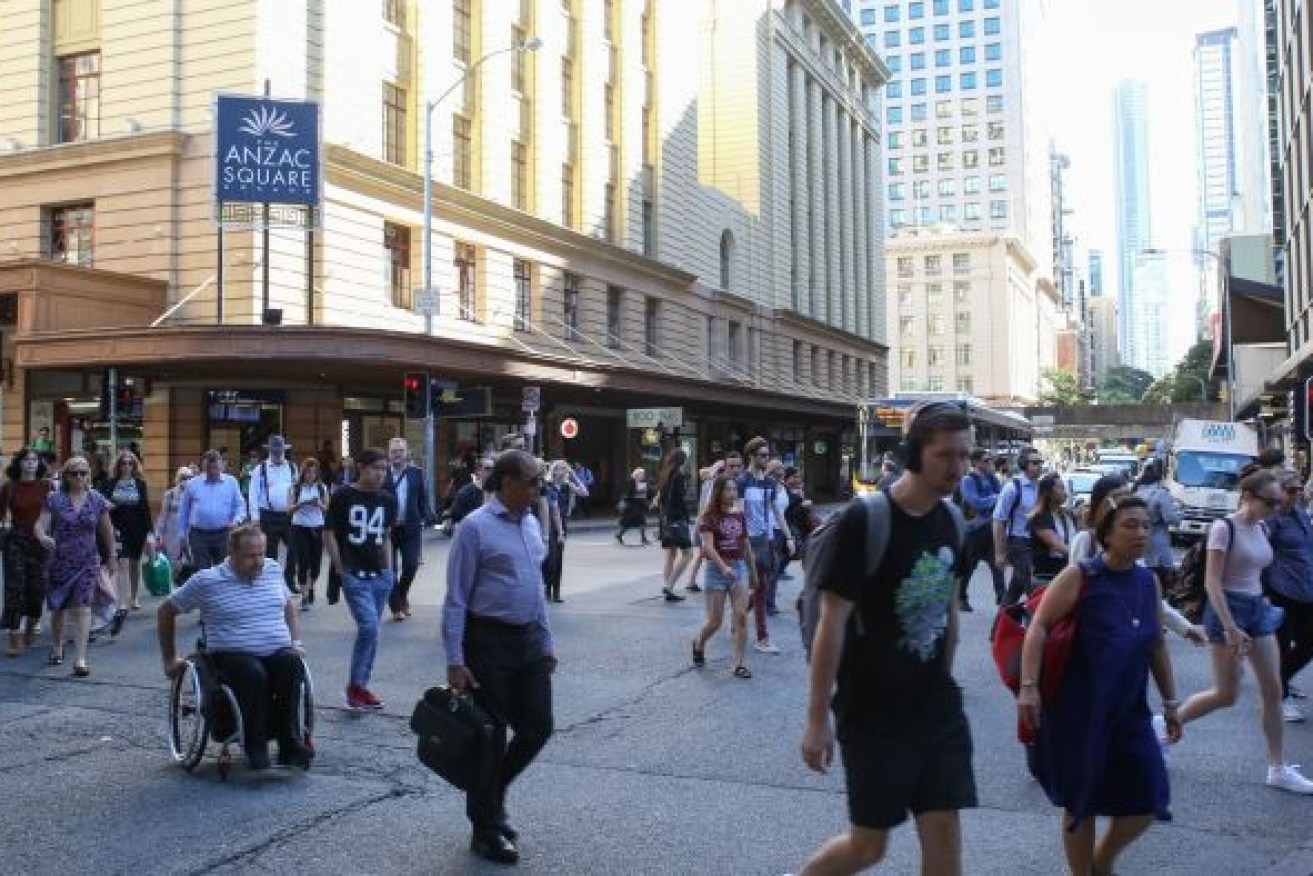
Brisbane office occupancy levels in March lifted 7 per cent to 48 per cent. (File image)
However, Josh Frydenberg said it was too soon to implement UK-style measures in Australia, which would see all restrictions removed.
And while the Treasurer wants to see our cities opening up, Deputy Prime Minister Barnaby Joyce says “Sydney is full” as he calls for migrants to be encouraged to move to the regions.
Regional migration is a vexed issue because while there is a lack of services, towns need workers to keep the economy going, Joyce said on Tuesday.
“We also need people to do the work – working in the abattoirs or fruit picking or doing the jobs Australians just won’t do,” he told Sydney radio station 2GB.
“We’ve got to make sure people go to regional areas. We have to say ‘if you want to come to Australia you have to live in Tamworth, you’re not going to go live in Turramurra’.”
To become “as strong as possible as quickly as possible”, Australia needed to increase its exports like beef, coal and iron ore, the Nationals leader added.
“We have to go to regional areas and make sure that place is just absolutely humming with exports.
“We need to be able to supply all the labour required to do that because that’s how we earn the money that pays for the nuclear submarines, for your health, for your education.”
Frydenberg said the workplace issues in cities, which had been exacerbated by the Omicron wave at the start of the year, were now beginning to ease.
“People are getting back to work and some of those workforce shortages are starting to abate,” he told the Seven Network on Tuesday.
“This is the next step in the road, reducing restrictions even further, and we’ll continue to monitor the situation in Australia.”
It comes as Victoria on Tuesday moved to ease its indoor mask wearing and working from home rules, while also bringing back elective surgery.
Indoor mask wearing will be scrapped from 11.59pm on Friday, but masks will still be required in some settings, such as public transport, taxis and rideshare, airports, hospitals and aged care.
Frydenberg told business leaders in Adelaide the removal of restrictions would bring more workers back into cities.
“These are positive developments, they represent the next practical and necessary steps towards living with the virus,” he said.
“As we have seen before, the winding back of restrictions will undoubtedly see more Australians return to work in the CBD.”
As states such as NSW and Victoria mull changes that could see isolation requirements scrapped for household contacts of cases, Coalition for Epidemic Preparedness Innovations Jane Halton said it would only be a matter of time before it eventuated.
“So many people (are) now vaccinated, and a lot of people have had Covid, we’re close to that point,” she told the Nine Network.
“It means starting to go about our business in a much more normal fashion.”
Despite restrictions easing, Ms Halton said the community should still consider the needs of those who are immunocompromised or vulnerable.
“We have to remember we are at a certain stage in the pandemic,” she said.
“In the short term, let’s all be now just more considerate if we are feeling a bit off.”
There were a further 14 deaths in both NSW and Victoria on Tuesday.
Victoria registered 6786 new infections, with NSW reporting 8752.
